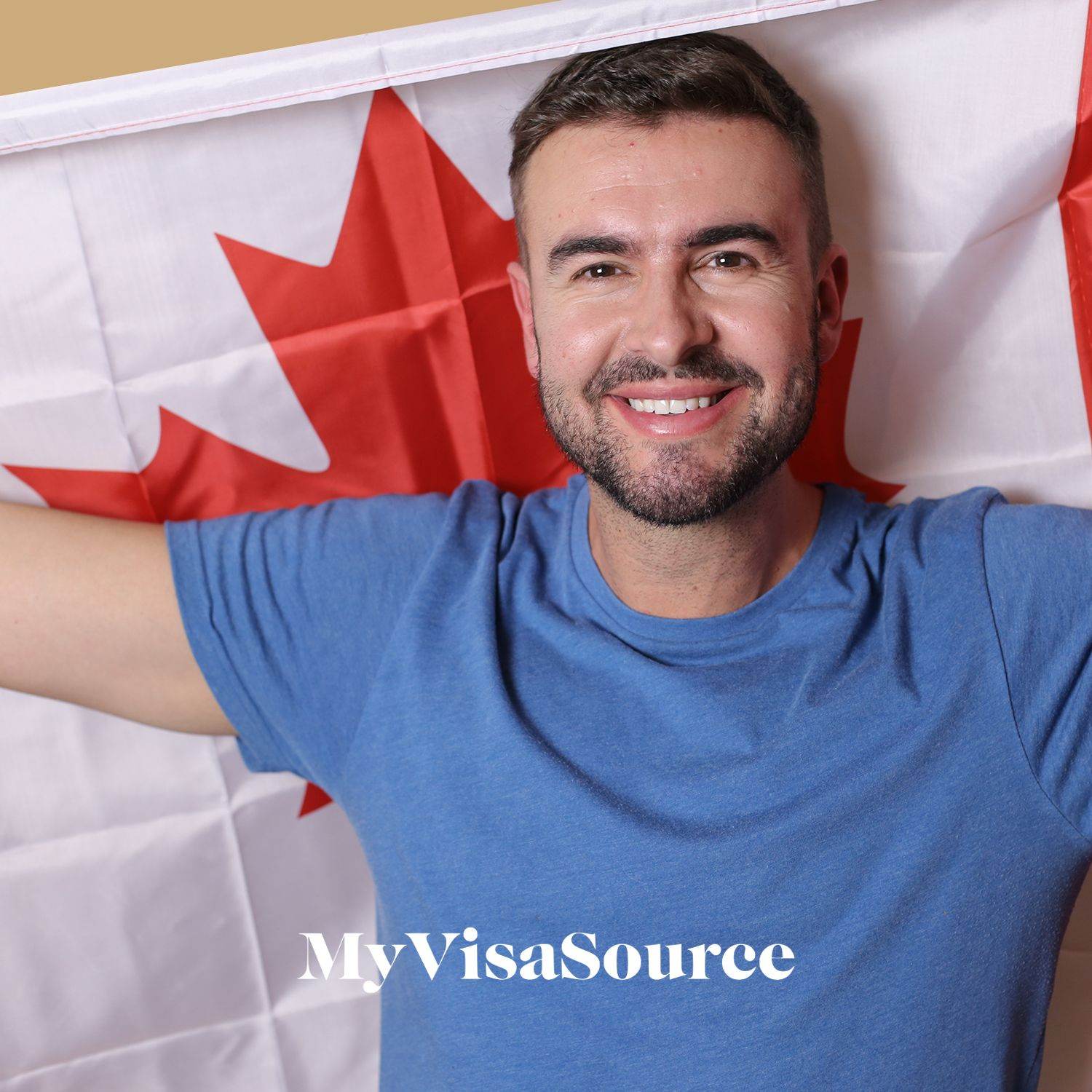The Liberal Party of Canada won its 3rd straight federal election following a 36-day campaign on Monday. The final results are yet to be released as the authorities count over 1 million votes mailed in by the Canadians due to pandemic restrictions. However, it is unlikely that the Liberals will secure a majority in this election.
What Is a Minority Government?
The Liberals are set to form a minority government again. Now you might be wondering how it works? The Canadian parliament has a total of 338 seats. To form a majority government, a political party will need to win at least 170 seats out of the total. A majority government can make any legislative changes without needing support from the opposition parties. However, in a minority government, the ruling party must work with the opposition to make important decisions.
How Will the Minority Liberal Government Affect Canadian Immigration?
The Liberal Party won the 2015 federal election by a majority. However, in the 2019 federal election they were forced to form a minority government. In 2021, the result seems to be the same. This election was held 2 years early before the current term of the government was set to expire since Prime Minister Justin Trudeau hoped to win another majority through this election.
Much like the 2019 election, the Liberals are expected to win over 157 seats and 33.1% of the popular vote. The Conservatives are expected to win over 121 seats with a similar popular vote. The top 4 political parties in Canada include the Liberals, the Conservatives, Bloc Quebecois, and the New Democratic Party (NDP).
Throughout the election, immigration was not a major issue. Other issues such as climate change, affordable housing, and economic recovery post-pandemic took precedence over immigration. However, both the Liberals and the conservatives have made promises to increase immigration levels, reduce processing times and application backlogs, and improve credential recognition.



















